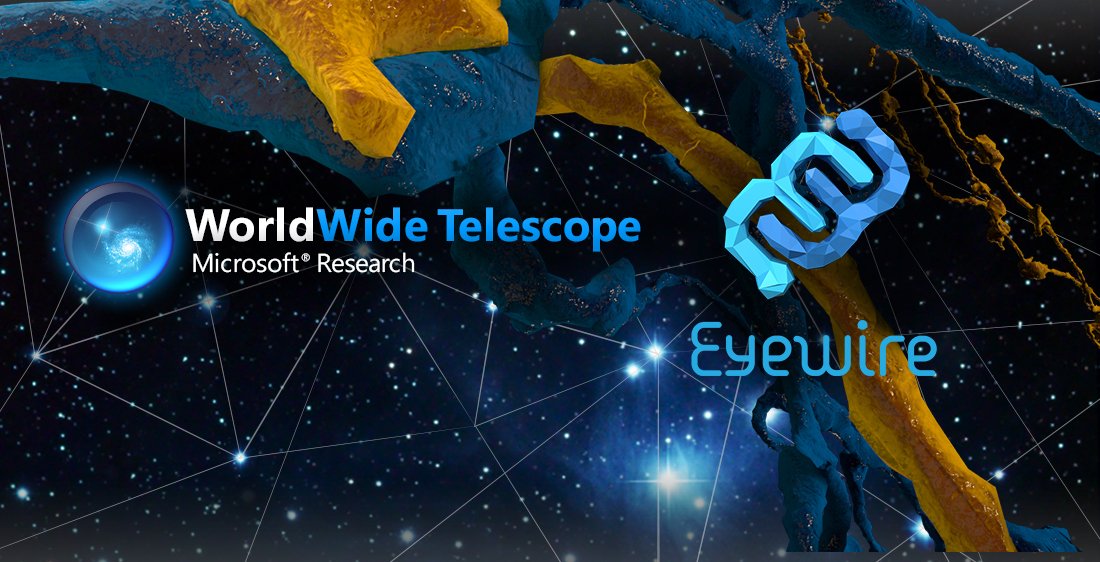TED attendees are taken on a journey of the cosmos; WorldWide Telescope and Oculus Rift power the experience

Microsoft’s WorldWide Telescope computing software was released in February of 2008 by the company’s Research division to display astronomical sky maps. Imagery from the software is provided by the Hubble Space Telescope along with a collection of earth-bound telescopes. The idea for the software, which was originally presented at a TED Conference, is now returning to its roots as a recent conference shows the power of WorldWide Telescope coupled with the Oculus Rift.
Imagine standing in the middle of the universe, tilting your head around to experience the glory that is besotted upon you by the billions of celestial bodies in the Milky Way Galaxy. This year in Vancouver, that idea became as close to accessible virtual reality as it even has been.
TED attendees were able to strap on the Oculus Rift and enjoy a guided tour of the cosmos – close ups of the International Space Stations and trips into deep space. In addition to viewing space, a quick flight through the neurons of the human brain were in order and, in our opinion, would have gone well with any song from the Inception soundtrack. The experience was curated in a mind blowing 3D, and although we are unable to show that version, you can check out the 2D version of what attendees witnessed below.
Originally, Amy Robinson, the Creative Director of Eyewire, wanted to display 3D neuron models upon a “large computer screen and allow users to manipulate them with their hands”, but after viewing the technology brought forward by Oculus Rift – he had to have it.
Microsoft’s WorldWide Telescope program has collected data from sources such as NASA, JAXA, ESA, and many others to make the cosmos an explorable endeavor for all. Since the software was launched six years ago, over twelve million people have experienced the once unimaginable.
While Microsoft is known as the company behind Windows, Xbox, and Surface, their Research division is carving our research that is allowing us to explore the universe like no experience ever before.
Google may be mapping the streets, but Microsoft has its eyes on the cosmos.
Get the Windows Central Newsletter
All the latest news, reviews, and guides for Windows and Xbox diehards.
To check out WorldWide Telescope for yourself, click here to download it at no cost.
Source: Microsoft
